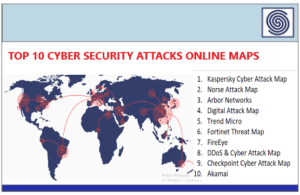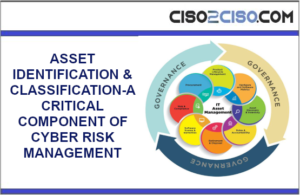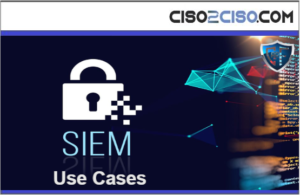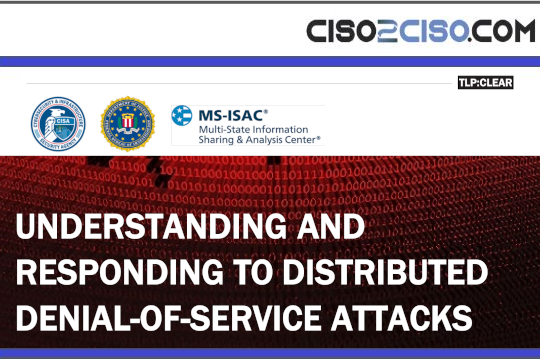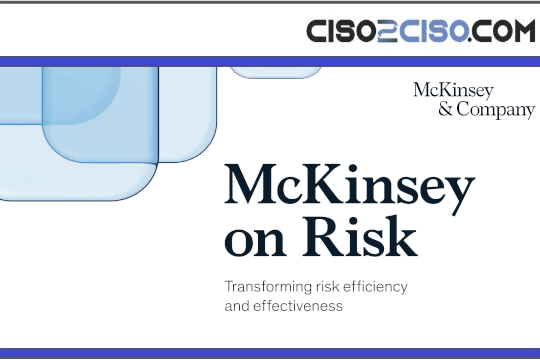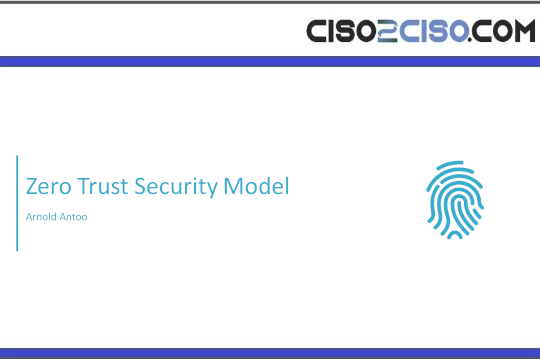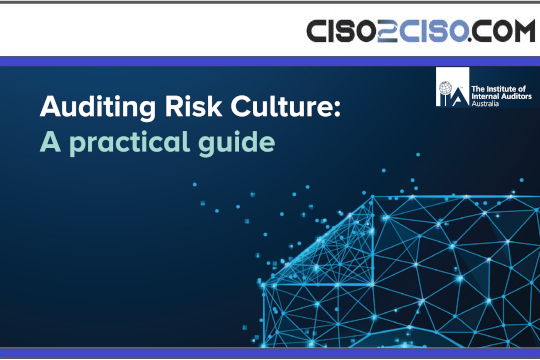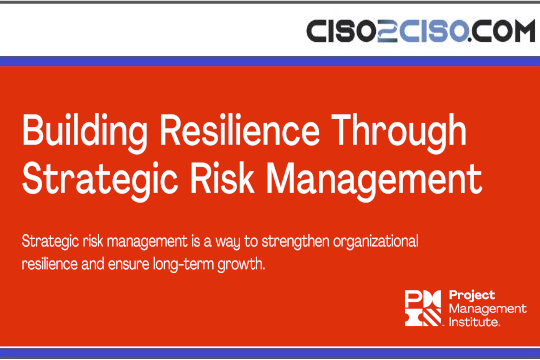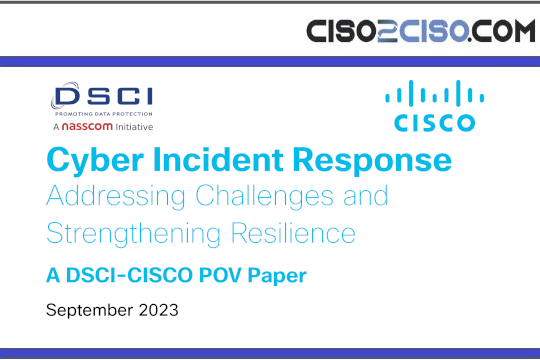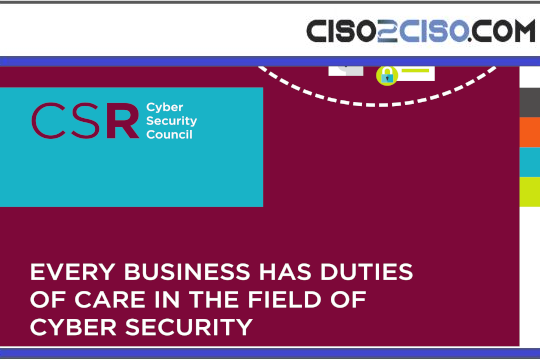Source: www.databreachtoday.com – Author: 1
Professional Certifications & Continuous Training
,
Training & Security Leadership
What It Means, Who Is Affected by It and How to Overcome It
Brandy Harris

Imposter syndrome is a psychological phenomenon in which individuals doubt their accomplishments and have an internalized fear of being exposed as a fraud. Despite external evidence of their competence, people experiencing this syndrome believe they do not deserve their success.
See Also: Gartner Magic Quadrant for Single-Vendor SASE
Prevalence, Gender Disparities and Underrepresentation
Studies indicate that as many as 82% of individuals experience imposter syndrome at some point in their lives. This includes a significant number of professionals in the high-pressure, ever-evolving tech industry.
Women and minority groups in tech are particularly susceptible. Women in male-dominated fields such as technology experience higher levels of imposter syndrome, research shows. This can be attributed to societal stereotypes, a lack of female role models and the pressure to balance professional achievements with traditional family roles.
Women are more likely to internalize failure and attribute their successes to external factors such as luck, rather than their abilities. This can deter them from seeking promotions or taking on challenging projects, which further entrenches gender disparities in the tech sector.
Research shows that underrepresentation exacerbates feelings of not belonging and fear of exposure as a fraud. This issue is not confined to early career stages; it also affects seasoned professionals, including executives and leaders in the tech industry.
Factors That Contribute to Imposter Syndrome in Tech
- Rapid technological change: The fast-paced nature of the tech industry requires constant learning and adaptation. This can lead to feelings of inadequacy as professionals struggle to keep up with the latest developments.
- High expectations and perfectionism: The tech industry often cultivates a culture of high achievement, where mistakes are highly visible and can negatively affect your career. This environment can amplify feelings of being an imposter, especially for those with perfectionist tendencies.
- Stereotype threat: For women and minorities, the stereotype that tech is a white male-dominated field can increase pressure to over-perform, further fueling imposter syndrome.
- Comparison with peers: Social media and professional networking platforms often highlight successes and milestones, which leads individuals to compare themselves unfavorably with their peers.
Impact on Career Development
Imposter syndrome can significantly affect career development in the tech industry. Professionals may avoid applying for jobs, promotions or new projects due to fear of failure or of being exposed as a fraud. Forbes recently reported that 75% of executive women said they experienced imposter syndrome and that it influenced their career decisions and progression.
The constant self-doubt and fear of failure can also lead to burnout as individuals overwork themselves to prove their worth. This can affect mental health, causing anxiety and depression, and further impede career growth and satisfaction.
Addressing Imposter Syndrome
Both individuals and organizations can take steps to address and mitigate the effects of imposter syndrome in the technology sector.
For Individuals
- Seek mentorship. Connecting with mentors who have navigated similar challenges can provide guidance and reassurance. Mentors can help validate experiences and offer strategies to combat self-doubt.
- Document achievements. Keeping a record of accomplishments and positive feedback can serve as a tangible reminder of one’s capabilities. Reviewing these records during times of doubt can help reinforce self-worth.
- Engage in continuous learning. Embracing a growth mindset can shift the focus from perceived inadequacies to ongoing personal and professional development. Recognizing that learning is a continuous process can alleviate the pressure to know everything.
For Organizations
- Promote diverse role models. Highlighting the successes of diverse employees can provide aspirational figures for underrepresented groups. This can help normalize diverse pathways to success and reduce feelings of isolation.
- Provide professional development. Offering workshops and training sessions on overcoming imposter syndrome can equip employees with practical tools to manage their self-doubt. These programs can also foster a supportive community where individuals feel comfortable discussing their experiences.
- Foster open conversations. Encouraging discussions about imposter syndrome can help normalize these feelings and reduce their stigma. Creating a safe space for employees to share their experiences can promote a more inclusive and supportive workplace culture.
Imposter syndrome is a significant challenge in the technology sector. By understanding the factors that contribute to this phenomenon and implementing strategies to address it, individuals and organizations can work toward creating a more inclusive and supportive environment. This not only benefits the affected individuals but also enhances the overall diversity, innovation and productivity within the tech industry.
Original Post url: https://www.databreachtoday.com/blogs/understanding-imposter-syndrome-in-technology-sector-p-3624
Category & Tags: –
Views: 0



